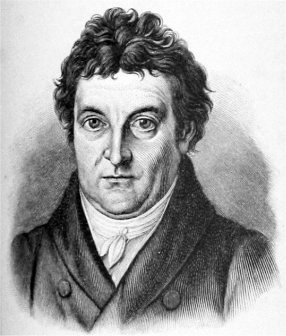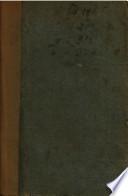XIII.
Outline of the Doctrine of Knowledge (1810)
Kontext: The Power is given as an Infinite; — hence that which in the World of Thought is absolutely One — that which I shall — becomes in the World of Intuition an infinite problem for my Power, which I have to solve in all Eternity.
This Infinitude, which is properly a mere indefiniteness, can have place only in Intuition, but by means in my true Essential Being, which, as the Schema of God, is as simple and unchangeable as himself. How then can this simplicity and unchangeableness be produced within the yet continuing Infinitude, which is expressly consecrated by the absolute Shall addressed to me as an Individual?
If, in the onflow of Time, the Ego, in every successive moment, had to determine itself by a particular act, through the conception of what it shall, — then in its original Unity, it was assuredly indeterminate, and only continuously determinable in an Infinite Time. But such an act of determination could only become possible in Time, in opposition to some resisting power. This resisting power, which was thus to be conquered by the act of determination, could be nothing else than the Sensuous Instinct; and hence the necessity of such a continuous self-determination in Time would be the sure proof that the Instinct was not yet thoroughly abolished; which abolition we have made a condition of entering upon the Life in God.

